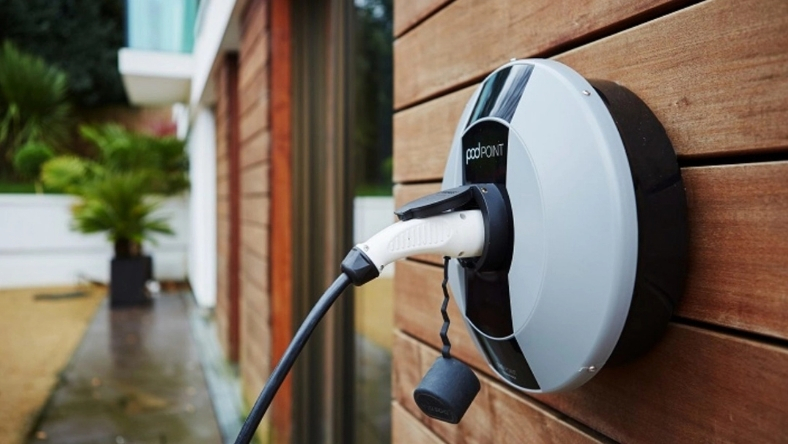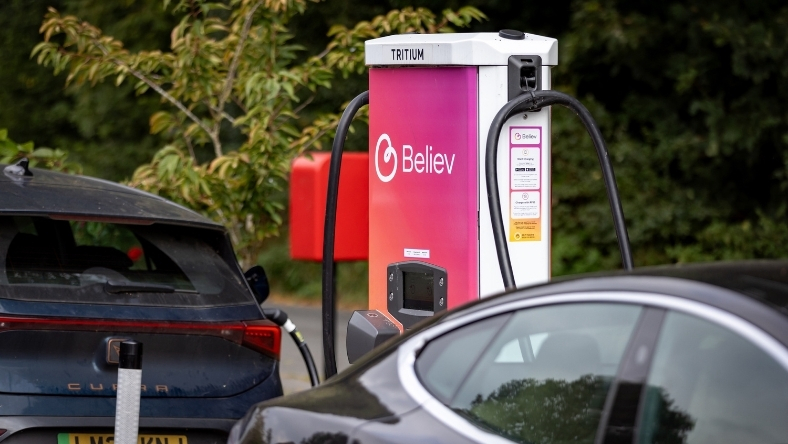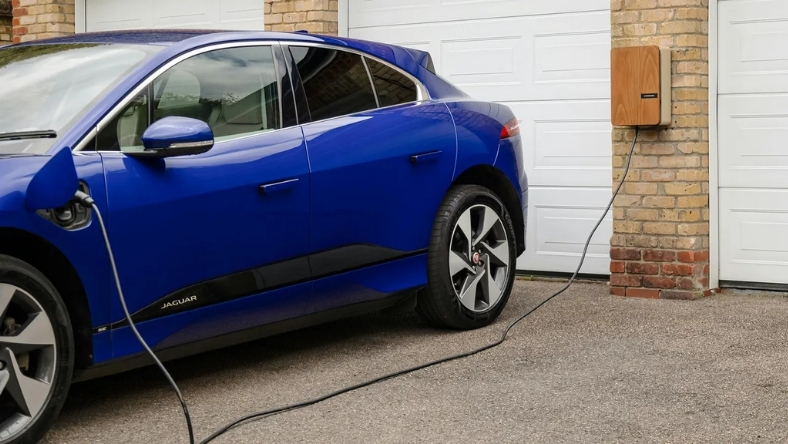RESEARCH
Is AI About to Reinvent UK EV Charging?
AI-timed charging cuts costs and eases strain as the UK rethinks its EV network
21 Nov 2025

Artificial intelligence is emerging as a defining force in the United Kingdom’s electric vehicle sector, as new trial results point to a more flexible way of managing the country’s fast-expanding charging network. With adoption outpacing earlier expectations, companies and regulators are looking for tools that can strengthen the system without extensive new construction.
The latest evidence comes from a study led by the Center for Net Zero, which tested an AI-guided charging model across more than 13,000 households over 12 months. Instead of powering vehicles immediately after they were plugged in, the system shifted charging to lower-demand overnight hours. According to the study, the approach produced notable savings, averaging about £343 per household and reaching roughly £650 in certain cases. Researchers reported a marked drop in peak electricity use, a change analysts said could help relieve strain on a grid facing rising demand from homes and transport.
Industry observers noted that the results are already drawing interest from energy suppliers and charging operators. Some analysts said the findings could spur a wave of partnerships or acquisitions as firms race to integrate smarter software into their services. Companies offering automated charging tools now see a chance to distinguish themselves by improving reliability and managing costs, an advantage that may appeal to investors and public agencies reviewing long-term infrastructure plans.
Policymakers are also taking notice. The trial has landed amid broader reviews of national grid strategy, and officials involved in those discussions said the data suggests that AI-enabled charging could balance energy use without the need for large-scale network expansion. Such capabilities, they added, may soon factor into government decisions on incentives for clean-energy technologies.
Challenges include ensuring that drivers who depend on public chargers benefit from similar efficiencies and establishing data standards as automation becomes more widespread. Still, analysts described the overall outlook as encouraging.
As companies map out their next steps, many expect an increase in innovation, investment and consolidation across the charging market. The results, they said, could influence how the country prepares its transport and energy systems for the years ahead.
Latest News
3 Feb 2026
Why EDF’s Pod Point Takeover Matters for EV Drivers2 Feb 2026
Why a £300m Deal Marks a Turning Point for EV Charging30 Jan 2026
Motorway Focus Marks a Turning Point for UK EV Charging29 Jan 2026
The End of Diesel Trucks Is Rewriting UK Freight Plans
Related News

PARTNERSHIPS
3 Feb 2026
Why EDF’s Pod Point Takeover Matters for EV Drivers

INSIGHTS
2 Feb 2026
Why a £300m Deal Marks a Turning Point for EV Charging

RESEARCH
30 Jan 2026
Motorway Focus Marks a Turning Point for UK EV Charging
SUBSCRIBE FOR UPDATES
By submitting, you agree to receive email communications from the event organizers, including upcoming promotions and discounted tickets, news, and access to related events.